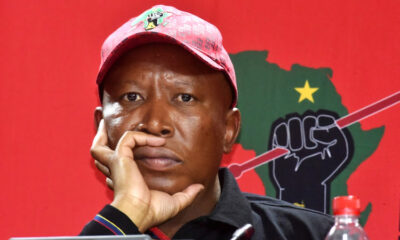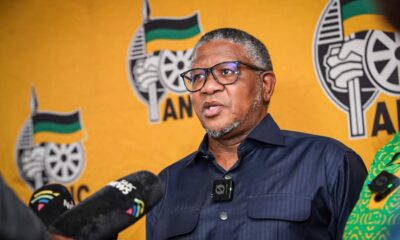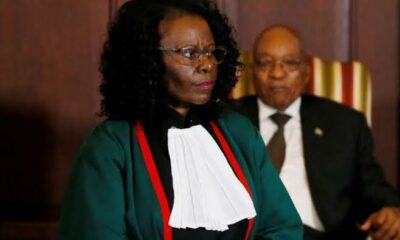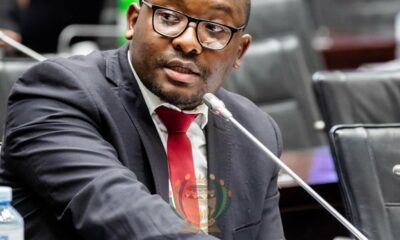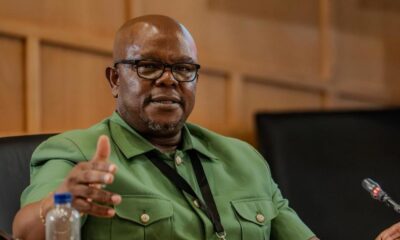News
Renaming South Africa? The Case for the Republic of Azania Sparks a Heated National Debate
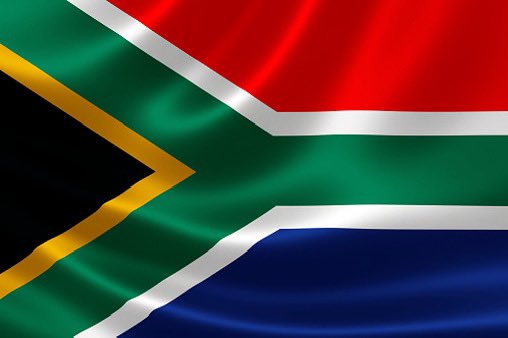
A bold proposal by the African Transformation Movement aims to shake South Africa’s foundations by changing its name. But is the country ready to become Azania?
The African Transformation Movement (ATM) wants to start a national conversation with an idea as radical as it is symbolic: to change the country’s name from the Republic of South Africa to the Republic of Azania.
For ATM leader Vuyo Zungula, this is more than semantics. It’s about shaking off what he calls “the last chains of colonial identity.” The name South Africa, he argues, was not born of the land or its people, but of conquest. “Before 1652, we were not South Africans,” Zungula told Parliament. “The name was created by colonisers to unite the British and Boers in a system that oppressed the indigenous majority.”
To him, renaming the country is an act of national restoration.
What’s in a Name? Everything, Says ATM
Zungula points to countries like Namibia (once South West Africa) as examples of former colonies who have reclaimed their identities. He believes Azania, a name long associated with African liberation movements offers a path toward historical justice.
The proposed new name, however, is not without critics.
Political analyst Kenneth Mokgatlhe argues that “South Africa” is a geographic term, not a colonial brand. “It’s not unusual, look at North Macedonia, East Timor, or South Korea,” he told local media. He also warns that Azania lacks clear cultural or linguistic ties to the country’s diverse population.
“It’s a name used by radical black intellectuals and revolutionaries, yes, but it’s not broadly accepted or historically grounded here,” Mokgatlhe added.
And online, reactions have been predictably mixed. While some on X (formerly Twitter) cheer the idea “Let’s reclaim our identity!” others call it a distraction from the real issues: poverty, unemployment, and service delivery.
More Than Just a Name Change
The name proposal is just one part of ATM’s broader push to amend South Africa’s Constitution. Their vision includes:
-
Changing constitutional language: Replace “everyone” with “citizens” in rights-related clauses. ATM believes this would prevent non-citizens, including undocumented immigrants from accessing services intended for locals.
-
Shifting power from the courts to Parliament: Zungula argues judges have too much authority in shaping laws, sidelining the people’s elected representatives.
-
Tougher stance on land: ATM wants the 1913 cutoff in land restitution scrapped and proposes that foreign nationals be banned from owning land outright only leases should be allowed.
-
Nationalising mineral wealth: Zungula says foreign companies profit from South Africa’s rich resources, while nearby communities remain poor. He’s calling for state ownership and community benefits.
Historical Echoes and a National Identity Crisis
The name Azania isn’t new. It was used by the Pan Africanist Congress and Black Consciousness leaders during apartheid to describe a liberated future South Africa. For many, it symbolises black pride, resistance, and freedom from colonial rule.
But after 1994, the new democratic government chose not to pursue that change, perhaps in a bid to unify a fractured nation under the familiar banner of South Africa.
Now, three decades into democracy, ATM says the time has come to finish what was started.
“We can’t decolonise our economy or our land without also decolonising our name,” Zungula told reporters.
Is the Country Ready?
Whether this bold rebranding gains traction depends on more than ideology. A name change would require a constitutional amendment and a massive shift in public opinion. Parliament’s Constitutional Review Committee will consider the proposal before any public hearings are held.
For now, the question remains open: Is the Republic of Azania a long-overdue return to African identity or a symbolic detour from more pressing priorities?
Either way, one thing is clear: this conversation touches deep questions about who we are, who we were, and who we want to be.
{Source: BusinessTech}
Follow Joburg ETC on Facebook, Twitter , TikTok and Instagram
For more News in Johannesburg, visit joburgetc.com



